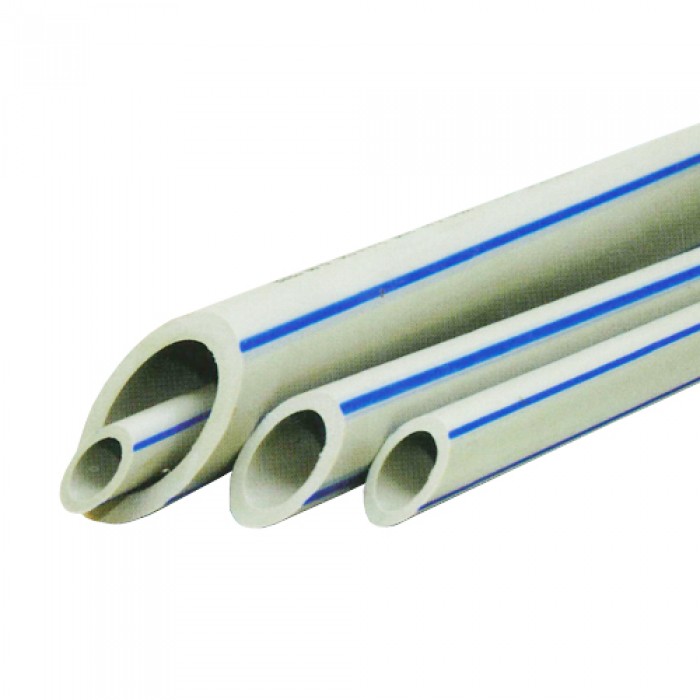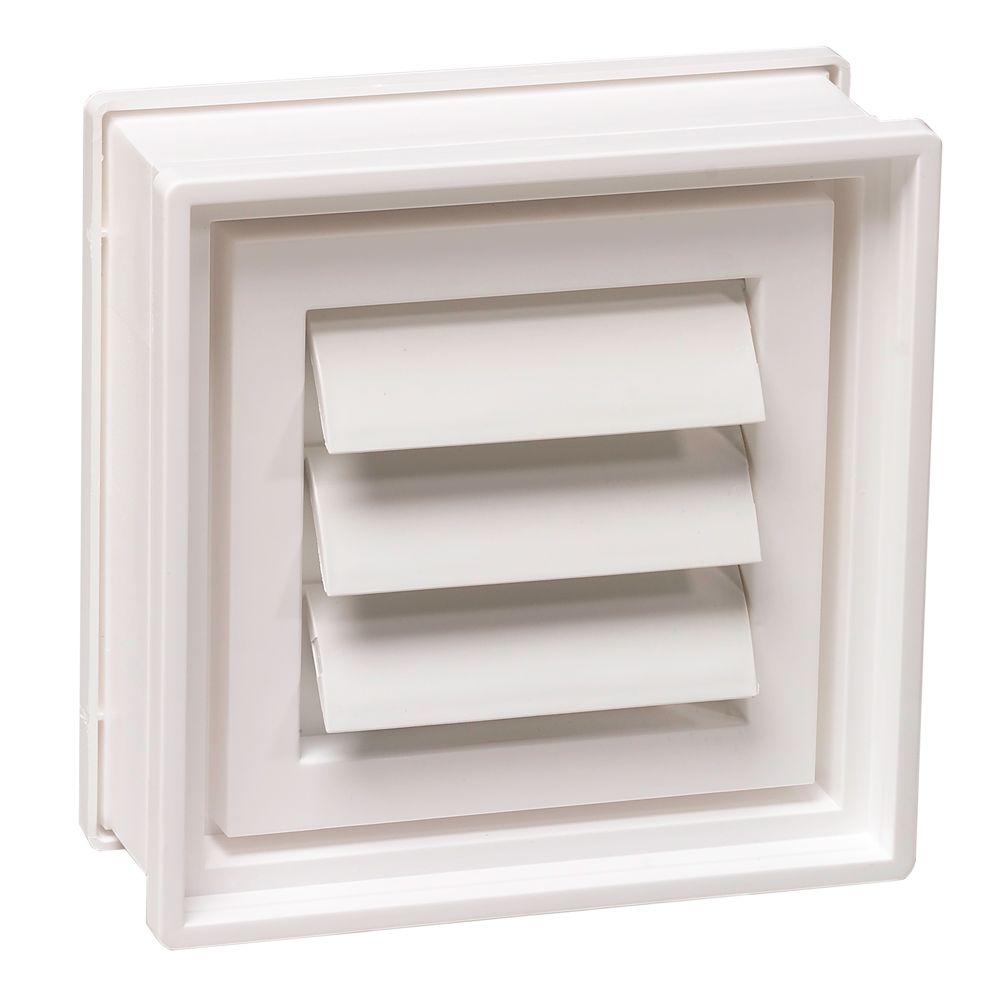
- SECURE PIPES FOR WINDOWS PATCH
- SECURE PIPES FOR WINDOWS FULL
- SECURE PIPES FOR WINDOWS CODE
- SECURE PIPES FOR WINDOWS WINDOWS
To view the permissions set for the AllowedPaths subkey, use Regedt32.exe.

AllowedPaths permits users to perform some system functions that require remote access to specific registry keys, such as checking the status of a printer, without having access to the winreg subkey.

The AllowedPaths subkey contains a list of the registry paths that all users can access remotely, even if they do not otherwise have permission to access the winreg subkey. HKLM\SYSTEM\CurrentControlSet\Control\SecurePipeServers\winreg To view the permissions set for the winreg subkey, use Regedt32.exe.
SECURE PIPES FOR WINDOWS FULL
Administrators have Full Control permission to winreg, and Backup Operators have read-only access to winreg. To remotely connect to a registry, a user must have at least Read Access to the winreg subkey on the target computer.Īfter the user is connected, the type of access that the user has to various registry keys and subkeys is determined by the permissions that have been granted to that user. If this subkey does not exist, all users can remotely connect to the registry. The permissions set for the winreg subkey determine who can remotely connect to a registry. HKLM\SYSTEM\CurrentControlSet\Control\SecurePipeServers
SECURE PIPES FOR WINDOWS WINDOWS
If you are still unable to connect to the target registry, confirm that the 'Remote Registry' service is started, and that you have correctly configured the machine for remote registry access.įor machines using Windows operating systems that employ the use of User Account Control (this includes Windows Vista or later and Windows Server 2008 or later), you must either: RESULT: Access to Remote Registry Service is denied, error: 0x0ĮNSURE: 'Remote Registry' service is started QID 90195 Windows Registry Key Access DeniedĪccess to the share was successful, but remote access to the files in the Result section was denied.

RESULTS: Access to Remote Registry Service is denied, error: 0x0
SECURE PIPES FOR WINDOWS CODE
CIFS accesses the Windows registry through a named pipe.Īuthentication to CIFS was successful, but it could not access the registry named pipe if the error code is not 0. Return code from remote registry access via CIFS is provided in the Results section. QID 90194 Windows Registry Pipe Access Level RESULTS: HKLM\SYSTEM\CurrentControlSet\Control\SecurePipeServers\winreg\AllowedPaths
SECURE PIPES FOR WINDOWS PATCH
The scanner can access these registry keys, which are important for performing patch verification. RESULT: Microsoft Registry 1.0 \PIPE\winreg If you have provided Windows Authentication credentials, the Microsoft Registry service supporting the named pipe "\PIPE\winreg" must be present to allow CIFS to the Registry. QID 70022 Windows Registry Pipe Access Level ( note: is related to 90194) Microsoft Windows Registry Critical Keys Security PolicyĪccess Control Lists associated with some of the critical registry paths on the Windows system are provided in the Results section. These keys are important for performing patch verification. The registry keys in the Result section can be accessed by the scanning engine. Remote access to the registry keys in the Results section has been denied, although access to the registry named pipe was successful. Authentication to CIFS was successful, but it could not access the registry named pipe if the error code is not 0. CIFS accesses the Windows registry through a named pipe. Vulnerabilities that require file access may not have been detected during the scan. This key defines which part of the registry can be viewed by non-administrators.Īccess to the file share on the target host is enabled.Īccess to the share was successful, but remote access to the files in the Result section was denied.

If Windows authentication was enabled for the host scan, these QIDS will not be reported:Ĭheck that Print and File services is enabled and that CIFS is running.ĪllowedPaths registry key was found missing or improperly defined. Remote access to File and Print services did not succeed via CIFS. Windows Information: Registry and File Access QID


 0 kommentar(er)
0 kommentar(er)
